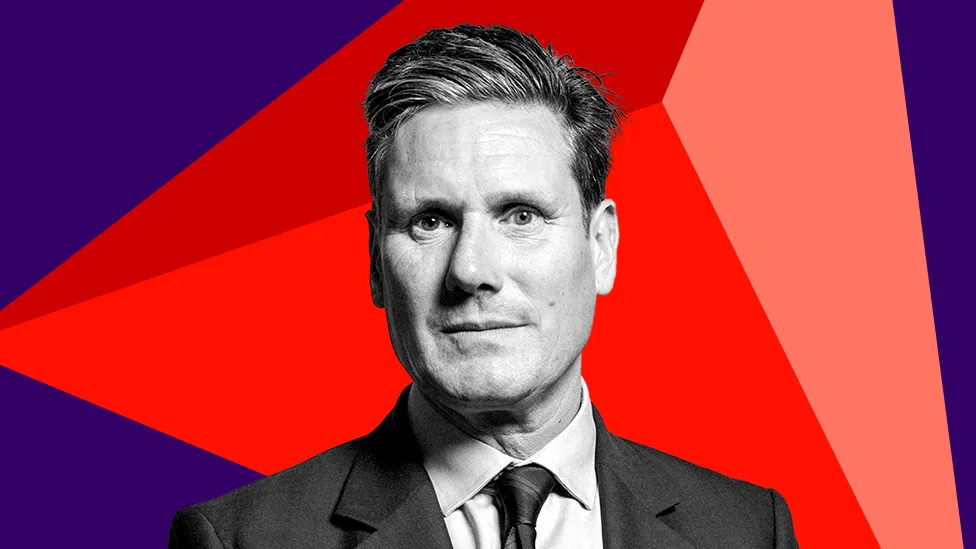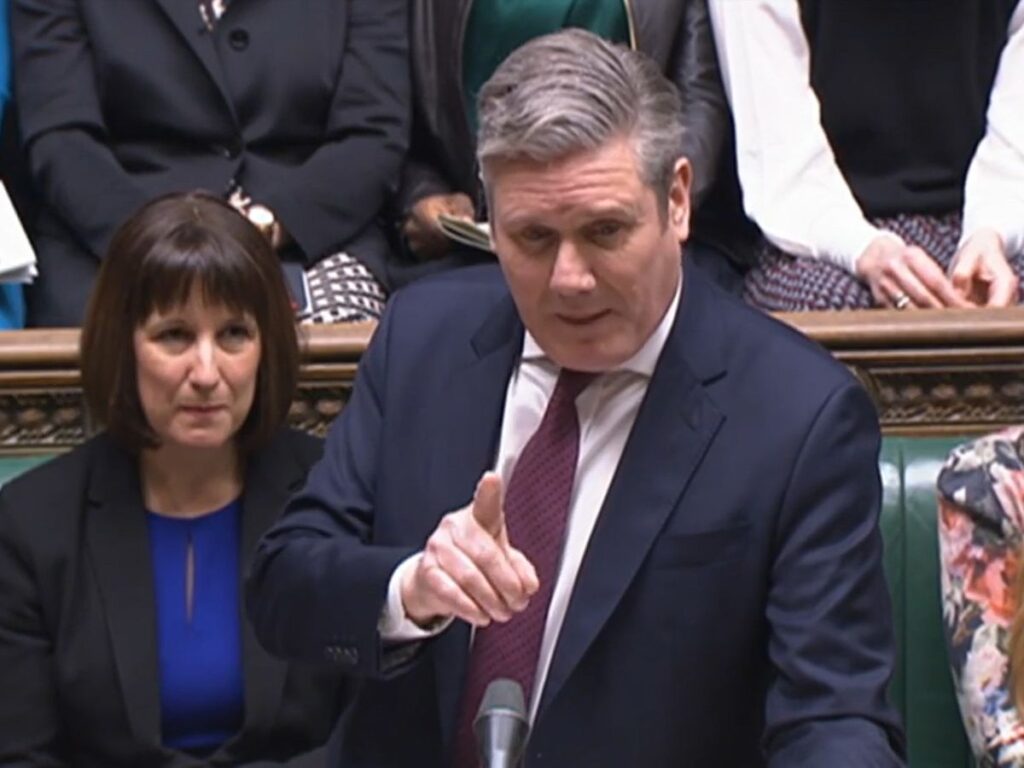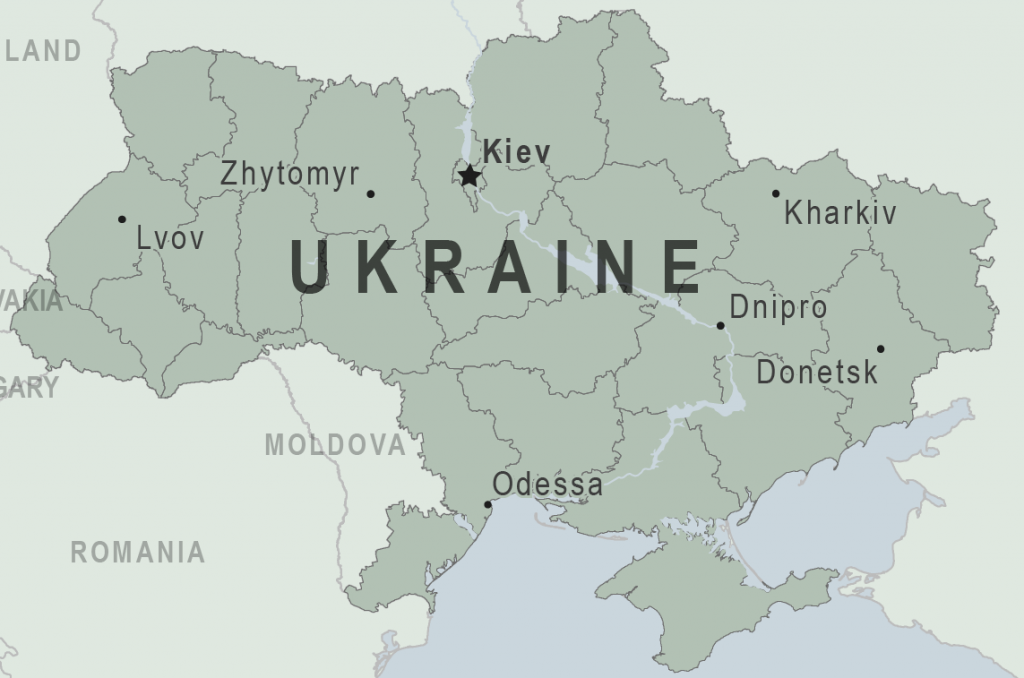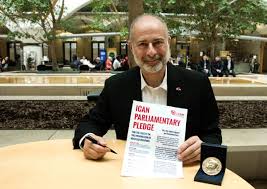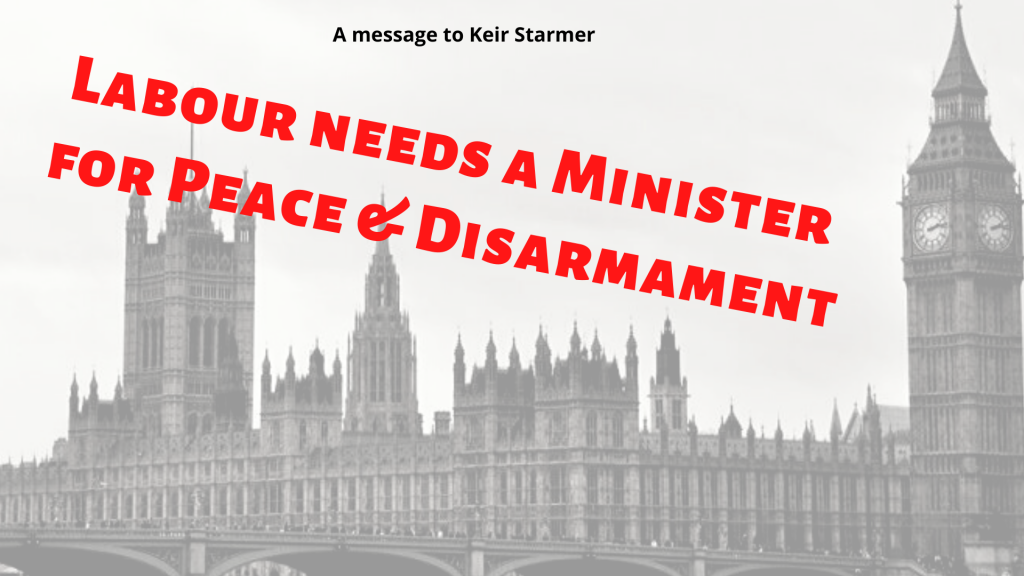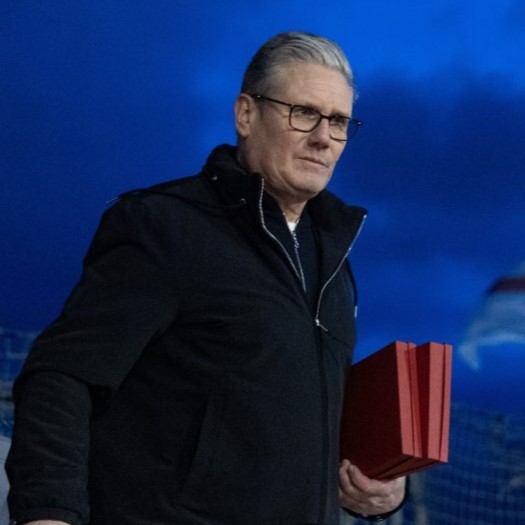
It comes as no surprise that Keir Starmer has announced an increase in Britain’s military spending two days before he meets Donald Trump to discuss the President Ukraine peace deal. First as Labour leader and now as Prime Minister, Starmer has taken every opportunity to declare his allegiance to the United States, the Nato nuclear alliance, and Britain’s willingness to follow them into war.
Ahead of the Chancellor’s spring budget, and ahead of the Strategic Defence Review’s report, on 25 February, Starmer announced he would allocate:
- 2.5% GDP on defence in 2027
- extra funding for intelligence & security services, taking the increase to 2.6%, and
- 3% in next parliament when economic conditions were right.
Starmer told the Commons:
‘Starting today this government will begin the biggest sustained increase in defence spending since the end of the cold war. We will deliver our commitment to spend 2.5% of GDP on defence but we will bring it forward so that we reach that level in 2027 and we will maintain that for the rest of this parliament.
‘But let me spell it out my speaker. That means spending £13.4bn more on defence every year from 2027. But we also face enemies that are sophisticated in cyber attacks and even assassination so our intelligence and security services are an increasingly vital part of protecting both us and our allies. So on top of the funding of 2.5% that I’ve just announced going forward we will recognise the incredible contribution of our intelligence and security services to the defence of the nation which means taken together we will be spending 2.6% on our defence from 2027.
‘We must go further still. I have long argued that in the face of ongoing generational challenges all European allies must step up and do more for our own defence. So subject to economic and fiscal conditions and aligned our strategic and operational needs we will also set a clear ambition for defence spending to rise to 3% of GDP in the next parliament.’
Overseas aid budget raided
To pay for this, the Official Development Assistance (ODA) budget will be cut from the current 0.5% to 0.3% gross national income (GNI) in 2027. Disregarding Labour’s manifesto commitment to return to the UN target of 0.7% GNI, Starmer said the aid budget cut meant ‘fully funding the investment in defence’.
The Institute for Fiscal Studies was quick to point out that the figures don’t add up. An extra 0.2% of GDP provides around £6 billion. Yet the Prime Minister had ‘trumpeted a £13 billion increase in defence spending’. When this discrepancy was raised by Kemi Badenoch the following day in PM Questions, Starmer failed to provide a reasoned response.
International aid is intended to stimulate economic development and welfare in the poorest countries, many of which are ravaged by war. Starmer’s announcement means a cut of around 40%, on top of the cut introduced by the Johnson government in 2021.
Speaking at that time, Starmer said slicing aid to the world’s poorest was callous and not in Britain’s national interest. He accused Boris Johnson of ‘damaging Britain’s reputation around the world’. Those same accusations are coming back to haunt him this time round. This time Starmer not Johnson is in the dock.
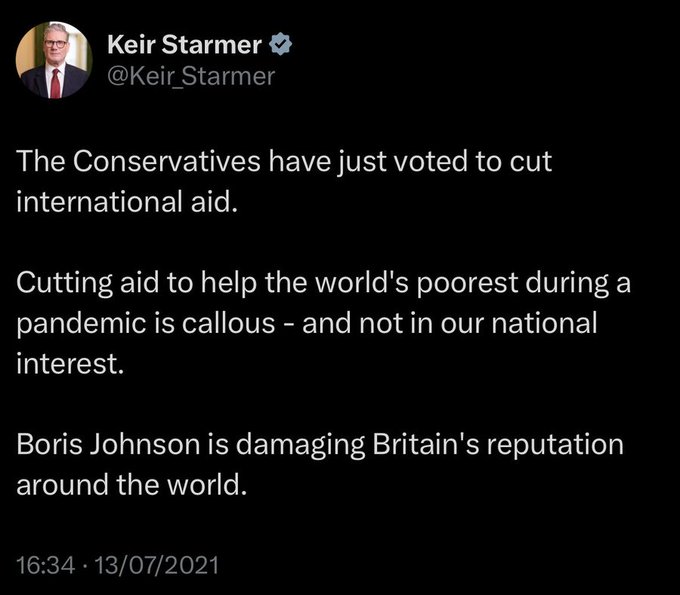
Earlier this month, Foreign Secretary David Lammy had suggested Trump’s plans to cut the US aid budget could be a ‘big strategic mistake’. He referred to the UK’s experience of merging the Department for International Development into the Foreign Office as a blow to Britain’s ‘soft power’ internationally.
Aware the international aid budget was under threat, Sir Simon McDonald gave a similar warning of the damage to Britain’s global reputation that cutting international aid would do, a few days ahead of Starmer’s defence spending announcement. McDonald was Permanent Under Secretary at the Foreign Office 2015-20 and a former foreign policy advisor to the Blair government. NGOs have also pointed this out.
Labour in disarray
Starmer’s decision has also brought criticism from Labour MPs and former MPs, and resulted in the resignation of Analeise Dodds, Secretary of State for International Development.
Labour MP Sarah Champion, chair of the International Development Committee, described cutting the aid budget to fund defence spending as ‘a false economy that will only make the world less safe’ and called on the government to rethink. ‘The deep irony is that development money can prevent wars and is used to patch up the consequences of them, cutting this support is counterproductive,’ she said.
Former Secretary of State for International Development Clare Short went further. She described Starmer’s action as ‘disgraceful’, suggesting he ‘doesn’t understand that good development work is crucial to a sustainable future’. The increase in the military budget ‘splashes money on defence spending and Ukraine’, but it is ‘not focused on bringing peace to Ukraine’.
Short further warned the ‘traditional Labour Party’ faces destruction as core supporters abandon the party. ‘I am afraid that, in many respects, this is simply not a Labour government,’ she said.
Starmer’s attempt to get government ducks in a row ahead of his visit with Trump has left the government in disarray. It promises further problems in 2027, if – or should that be when? – other departmental budgets and projects get cut, as the IFS is suggesting is inevitable.
Criticism all round
Senior military figures and security specialists have also criticised cutting overseas aid, though not opposing military spending increases.
Former chief of the general staff, General Lord Richard Dannatt has described this as a ‘strategic mistake’ and warned that this ‘shortsighted’ move will ultimately add to burden on Britain’s armed forces. He says: ‘History shows targeted aid reduces the burden on the military. Labour is risking the very security we are trying to ensure.’
Labour CND says being part of an increasingly expensive Nato war machine, is not keeping Britain safe but making us a target. Will increasing defence spending prove to be the Labour government’s kingdom for a horse moment?
This blog was updated 1 March 2025


